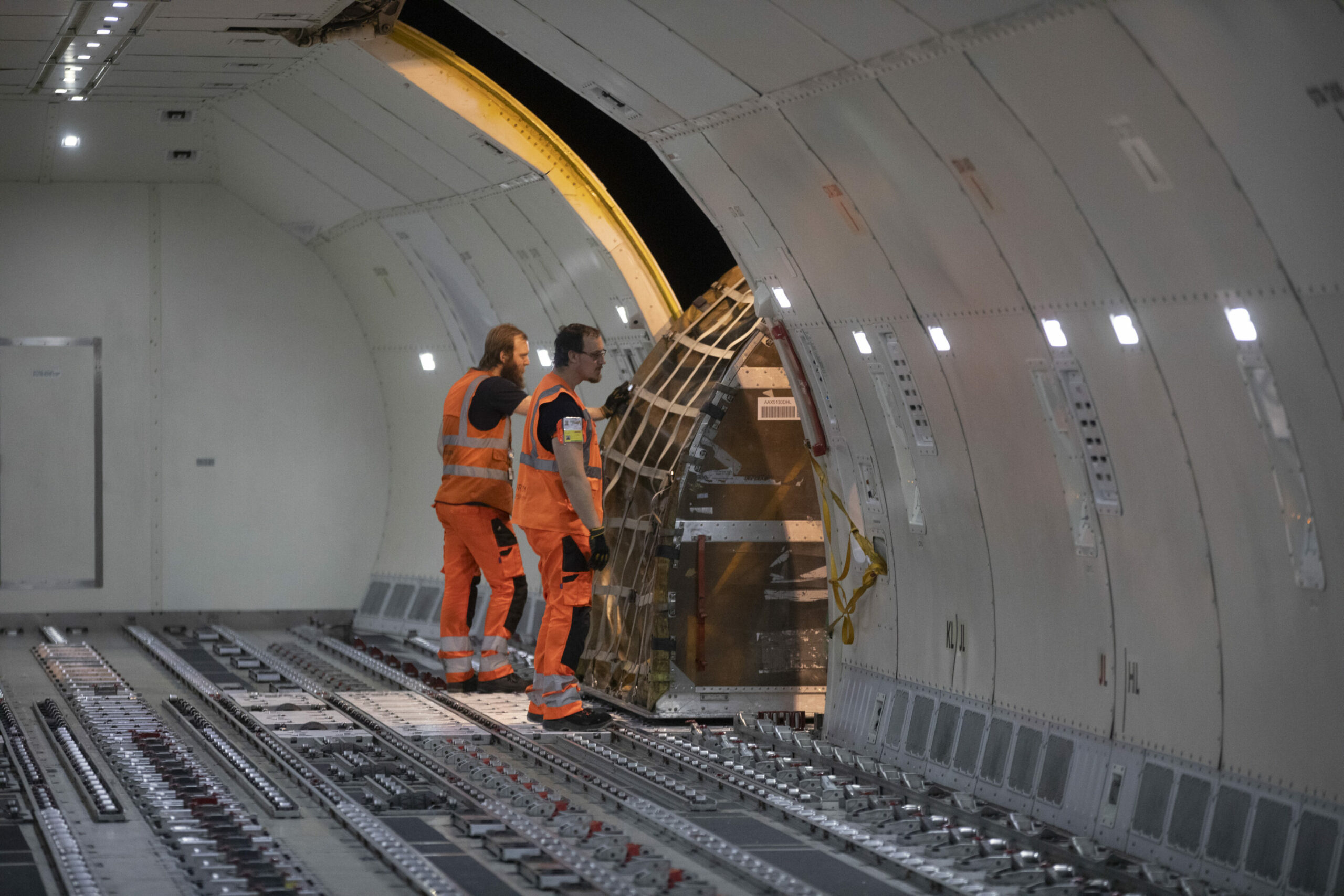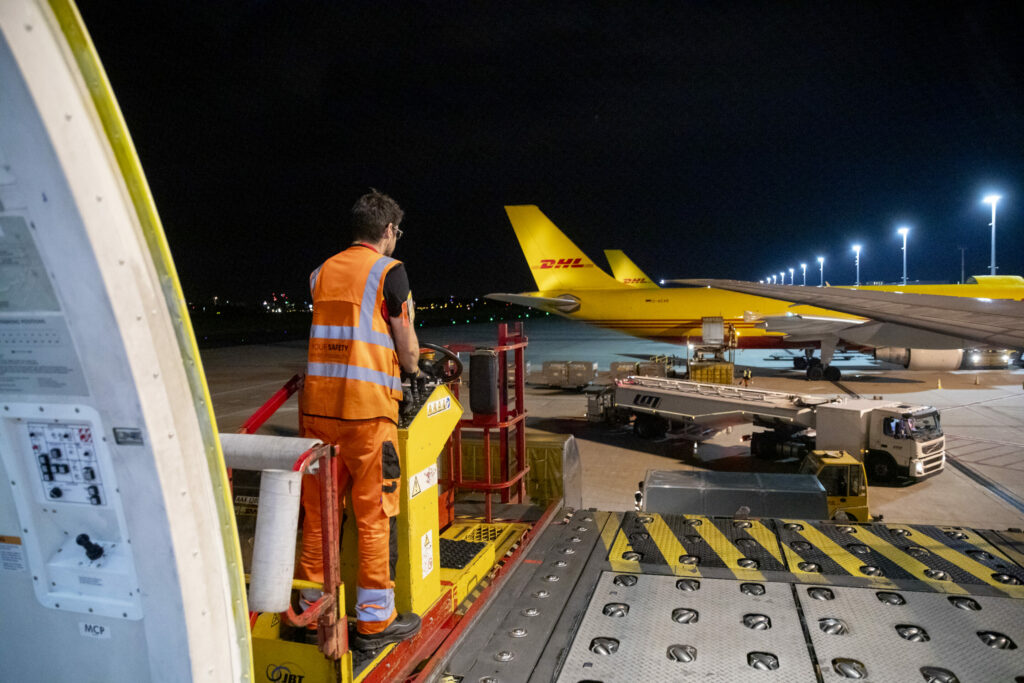The instruction to ban an aircraft used for the carriage of cargo at Brussels Airport during the night has ruffled feathers. Those opposing the ban said it would damage the economy and that using other aircraft would create more noise pollution.
Several studies and surveys have shown the health of thousands of people living in the vicinity of Brussels Airport is at risk due to its activities, a topic which has been in the political foreground for months. The key element in the debate is noise pollution and the harm it causes, with a ban on night flights being put forward as a solution. As this mainly impacts cargo companies, such as parcel company DHL, it caused political upheaval.
Now, DHL is again facing pushback for its operations at Belgium's largest airport, specifically its use of Boeing 777 aircraft to transport large cargo. Outgoing Federal Minister for Mobility, Georges Gilkinet (from the French-speaking Green party Ecolo), said that by using these aircraft, the company does not comply with night-time noise standards.
Lack of clarity on noise quota
Outgoing Minister of the Flemish Rand (the area around Brussels, including Zaventem) Ben Weyts (N-VA) earlier this week stated that Gilkinet circulated an instruction a few days after the June elections preventing these aircraft from landing or taking off at the airport in Zaventem, lifting an exception for DHL in the regulations for night flights.
"This is a slap in the face for DHL, the only company there that uses the Boeing 777 for night flights," Weyts said. "It forces the parcel company to replace the Boeings with aircraft such as the Airbus A300", a smaller aircraft, which Weyts said will cause 60% more noise pollution because it has to be loaded fuller.
Several members of the liberal Open VLD party also criticised Gilkinet's decision, with newly elected MP Kjell Vander Elst arguing that it is "essential for Flemish Brabant and its economy that DHL can continue to use the Boeing Triple Seven", adding that it is "notoriously the most sustainable cargo aircraft on the market".

Inside a DHL cargo hold at Brussels Airport. Credit: Belga/ Hatim Kaghat
Gilkinet defended his decision, which he said already dates back to July 2023, by referring to a ministerial decision of 3 May 2004 on noise pollution at Brussels Airport which shows that aircraft with noise quota above 8 are not authorised to land at night.
The official noise quota of the Boeing 777 aircraft used by DHL is 10.7. He added that meetings have taken place between his cabinet and DHL's management since 2021 to find a solution, but that DHL has still not made a serious proposal.
Still, upon the request of Weyts, the Flemish Government invoked a "conflict of interest" against Gilkinet's instruction. This can be done when one of Belgium's entities feels that its interests are seriously harmed by the actions of another entity, resulting in the challenged measures being suspended to allow for consultation.
Gilkinet will also have to defend his decision in front of the Parliamentary Committee on Mobility, which will meet early at the request of Vlaams Belang in response to the issue.

